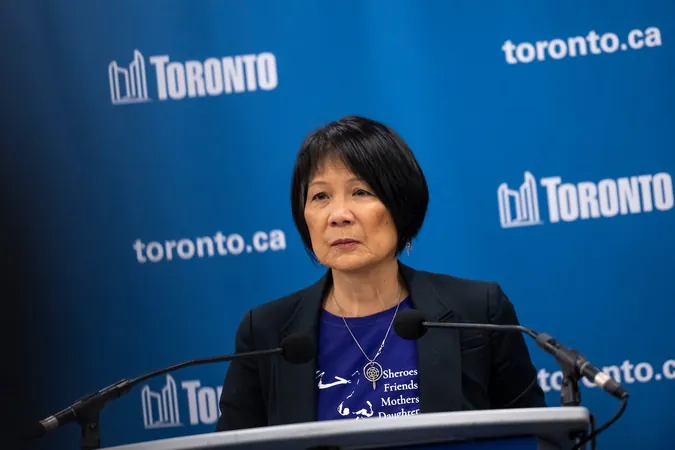
United Front: North American Mayors Demand Trump Lift Tariffs at Summit
2025-03-28
Author: Emily
United Front: North American Mayors Demand Trump Lift Tariffs at Summit
In a powerful demonstration of solidarity, mayors representing cities across Canada, the United States, and Mexico gathered in Washington, D.C. on Friday to advocate for the removal of President Donald Trump’s tariffs. The trilateral Mayors’ Trade Summit, held on March 1, 2025, brought together 23 leaders, including prominent figures like Olivia Chow from Toronto, Drew Dilkens from Windsor, Ontario, and Mark Sutcliffe from Ottawa, to discuss the detrimental effects of these tariffs on their communities.
During a lively press conference following the summit, Chow highlighted the urgent need for collaboration among North American leaders. “Our discussions voiced a profound fear: the rising costs of living and the jobs that could be lost,” she stated. "However, amidst this apprehension, there’s a burgeoning sense of unity and hope. Standing together, we are indeed strong.”
The summit comes on the heels of President Trump signing an executive order that designates imported automobiles as a national security threat, leading to tariffs soaring as high as 25% starting April 3, with additional tariffs on certain auto parts to be imposed on May 3. Trump’s move to implement “reciprocal tariffs” aims to counteract what he perceives as unfair trade practices against U.S. goods.
Mayors shared their individual concerns regarding the immediate impacts of these tariffs, including layoffs, soaring prices, and significant economic uncertainty. Bryan Barnett, mayor of Rochester Hills, Mich., noted: “President Trump has expressed his commitment to Michigan. I urge him to recognize how critical these tariff decisions are for our state’s auto industry.”
Furthermore, Mayor Daniel Rickenmann from Columbia, S.C., warned that the consequences of these tariffs might be catastrophic for his state. “Next week will be pivotal for many of us. Just in my community, we could face a staggering $3 billion loss due to trade disruptions,” he remarked, underscoring the rise in aluminum prices and the impact on local distilleries.
From the Mexican delegation, Mayor Luis Daniel Serrano of Cuautitlán emphasized the deep connections his community has with the automotive sector, particularly with Ford, which has been a fixture in the region since 1964. According to Serrano, the livelihoods of many residents hinge on the success of automotive manufacturing in his city.
Rickenmann, a Republican mayor, called on the Trump administration to engage in meaningful dialogue with Canadian and Mexican leaders instead of resorting to threats. “Real negotiations require conversation, not intimidation,” he asserted.
The mayors also directed their appeals to U.S. Congress, urging lawmakers to support American families whose jobs are at risk. San Antonio's Mayor Ron Nirenberg underscored the urgency of their message, stating, “We need our congressional representatives to take a stand alongside us.”
Cities heavily reliant on the automotive industry were particularly vocal about the impending threats. Mayor Andy Schor of Lansing, Mich., declared, “We are an automotive town with two GM assembly plants. If car prices inflate by nearly $10,000, that is going to put them out of reach for many of our citizens.”
The diverse political representation at the summit, with leaders from both sides of the aisle, illustrated that the issue transcends partisanship. Schor remarked on the power of this bipartisan unity, saying, “When Democrats and Republicans, Canada and Mexico all stand together, it conveys an important message to Washington.”
In a twist of events, after the press conference, Chow commented on Trump’s social media activity, referencing his claims of a productive discussion with Prime Minister Mark Carney. “While ‘productive’ is a positive term, I think we all would prefer to see ‘No more tariffs’ instead,” Chow concluded, expressing the hope of a swift resolution to the pressing economic challenge at hand.
As the debate continues, the collective voices of North America's mayors echo a stirring call to action for immediate attention to the welfare of their communities and the industries that sustain them. Will President Trump heed their warning? Only time will tell.
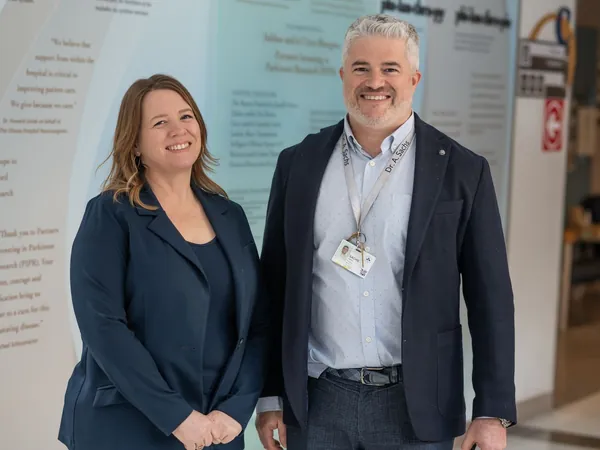




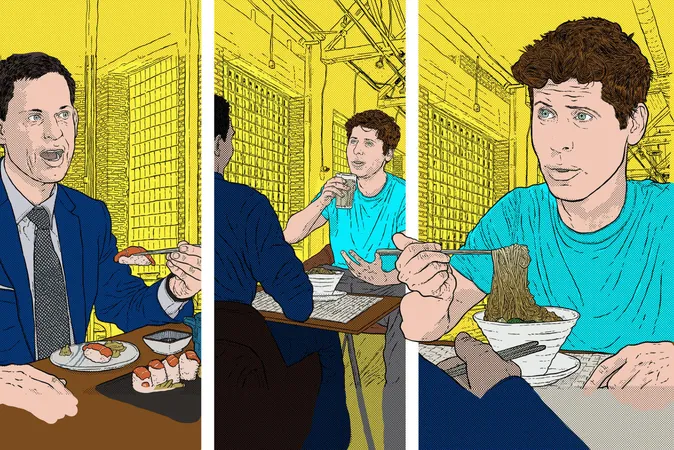
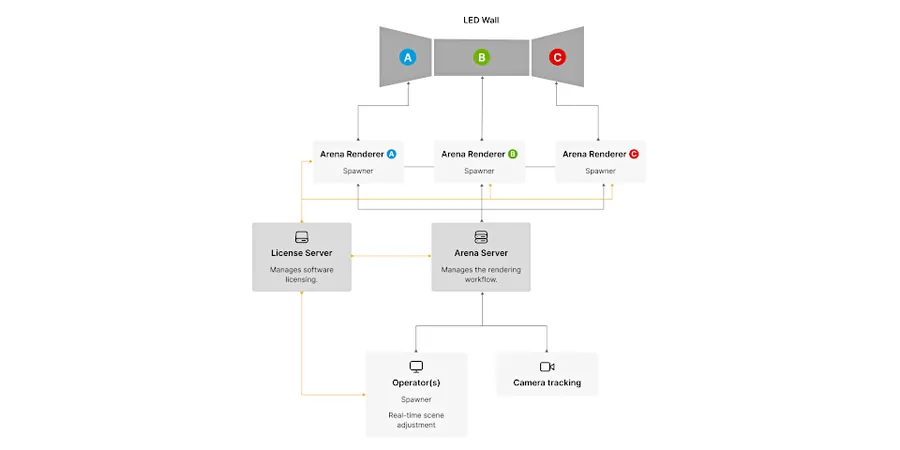
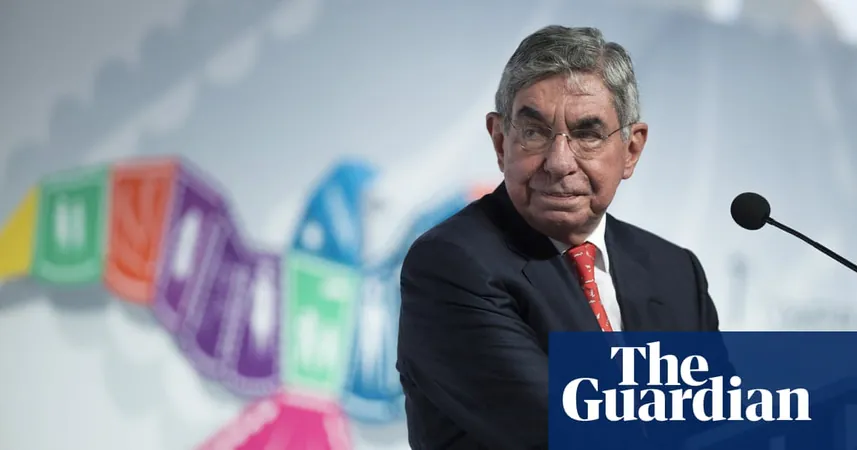
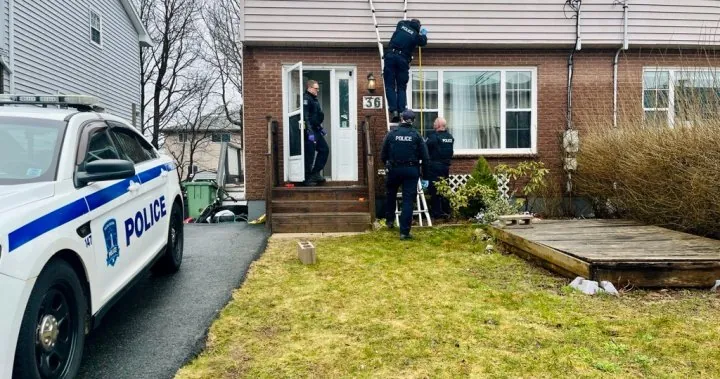
 Brasil (PT)
Brasil (PT)
 Canada (EN)
Canada (EN)
 Chile (ES)
Chile (ES)
 Česko (CS)
Česko (CS)
 대한민국 (KO)
대한민국 (KO)
 España (ES)
España (ES)
 France (FR)
France (FR)
 Hong Kong (EN)
Hong Kong (EN)
 Italia (IT)
Italia (IT)
 日本 (JA)
日本 (JA)
 Magyarország (HU)
Magyarország (HU)
 Norge (NO)
Norge (NO)
 Polska (PL)
Polska (PL)
 Schweiz (DE)
Schweiz (DE)
 Singapore (EN)
Singapore (EN)
 Sverige (SV)
Sverige (SV)
 Suomi (FI)
Suomi (FI)
 Türkiye (TR)
Türkiye (TR)
 الإمارات العربية المتحدة (AR)
الإمارات العربية المتحدة (AR)